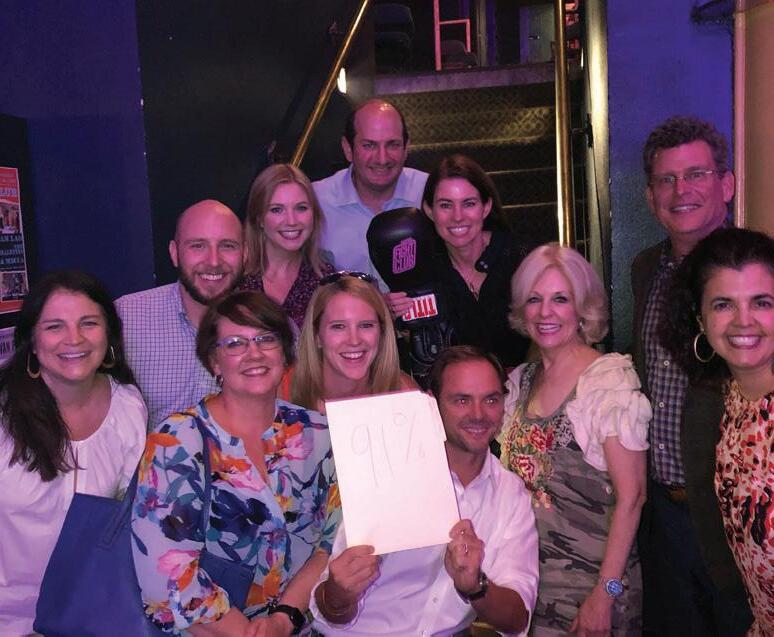
1 minute read
Brain-Healthy eSport
from Newsletter Q3 2019
by BrainHealth
The BrainHealth Emerging Technologies lab recently formalized a collaboration with UTD’s School of Arts, Technology and Emerging Communication (ATEC) under the leadership of Dr. Roger Malina, Arts and Technology Distinguished University Chair, to integrate arts and technology expertise from main campus into BrainHealth’s Charisma™ VR. In addition to applying for joint internal and external funding, the Emerging Technologies lab will leverage the unique expertise of ATEC in design, culture and emerging media issues to grow the depth and breadth of its technology research, development and program offerings.
As a result of this collaboration, BrainHealth has had the opportunity to join ATEC’s new initiative for the rapidly growing esport industry in North Texas. North Texas is home to the Dallas Fuel, Team Envy, Mavs E-Gaming, Complexity and the UTD Comets esport team, all of which compete in the increasingly popular League of Legends and Overwatch games, among others. Dr. Lara Ashmore and Aaron Tate proposed a comprehensive brain fitness program that includes BrainHealth Physicals, SMART, Charisma, resilience training, coaching and consulting customized to optimize the cognitive performance of professional esport teams in Dallas and beyond.
Advertisement
Forecasted to exceed revenues of $1 billion next year, esport players are prime audiences to reap the benefits of the Brain Performance Institute’s cognitive training programs. Our scientific research has shown that SMART improves strategic attention, integrated reasoning and innovation – all skills necessary for esport success.
“What makes this collaboration so exciting is the recognition by the players themselves of the need for cognitive training,” said Stephen White, JD, executive director of the Brain Performance Institute. “The players see it as an immediate performance edge in their current gaming careers, but also understand what it means for their post-gaming health.”
Our resilience training includes stress optimization and mindfulness to provide tools and techniques that can offset the potentially harmful effects of “too much technology” for the athletes who make their living online. Together, these programs have the potential to elevate esport and help players maintain their competitive edge in a more brain-healthy way.








